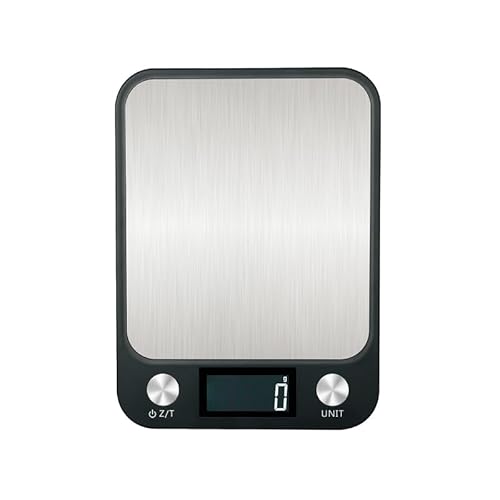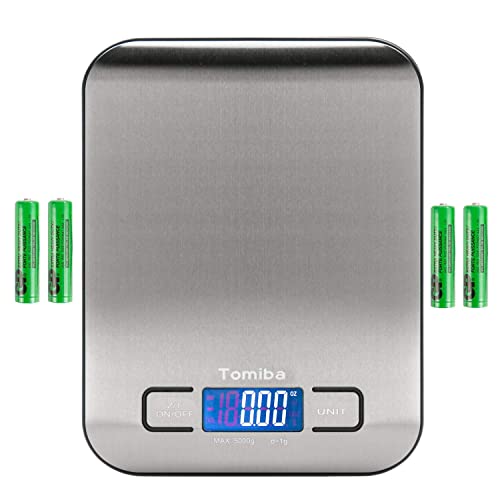...If the imperial system wasn't precise, the US would have switched a long time ago, that wouldn't even be a question. Or so I believe.
I agree that if you have a specific scale, the precision of the measurements done by that scale doesn't change whether it's set to show grams or weight-based ounces. It's a misconception that the scale's precision is better or worse depending on the units you're using.
But I don't think I've ever changed anyone's mind whenever I've attempted to explain this, so I've pretty much given up trying anymore. And, in the end, it's really a moot point for most people, unless you're a practicing engineer, scientist, or statistician and really do Need to Understand these Things.
***
On the other hand, I do think there is a tendency for people to think about numbers in certain ways. Some numbers seem "easier" than others. And that does affect what type of units one might want to use.
I'd venture to say most people perceive a weight of 9 grams as being "easier" to measure and understand than the equivalent weight of 0.32 ounces. And conversely, 100 ounces can appear "easier" than 2830 grams or 2.83 kilograms, even though these weights are equivalent.
This is something like the old psychology experiment where you pour a certain amount of water in a tall skinny glass and pour the exact same amount of water in another glass that is wide and low. If you do this in front of a young child and then ask them to tell you which glass has more water, the child will say the tall skinny glass has more water in it. Up to a certain age, kids literally can't perceive there is no difference in the amount. They think there is because the shape is different.
***
Science and engineering in the US is mostly based on the metric system. It's been that way for quite some decades now. Metric simplifies calculations done by computers and calculators, since metric isn't based on fractional numbers like Imperial tends to be, especially length measurements. One kilometer is 1000 meters, but 1 mile is 5280 feet. Which one is easier to remember?
Measurements in everyday life are largely Imperial in the US, but it's also true we aren't the only country that uses a fair bit of Imperial measurements in everyday life. People in the UK and Canada also talk about using Imperial (feet, pounds, ounces) and even older traditional units (stone), so if you want to poke fun at Americans, then include the Canadians and Britishers.
I'm an engineer and I can exist in both worlds fairly easily.









































